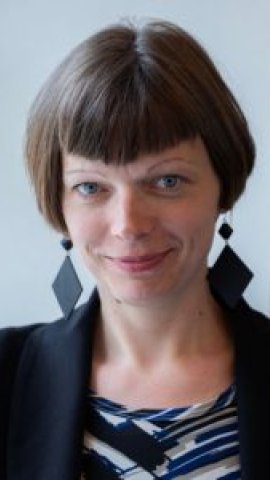Contemporary Asian and Middle Eastern Studies
Master's
2 January
15 March
30 April
1 September
- The University of Tartu has a long tradition in oriental, cultural and religious studies.
- The University of Tartu is ranked in the top 350 universities in the world (see Rankings and Surveys).
- Strengthen your knowledge of economics and politics, including Asian politics and international relations.
- The University of Tartu is home to many professors and researchers specialising in modern-day Asian and Middle Eastern cultures, socio-economic trends and political regimes.
- The programme offers multiple opportunities to do your fieldwork in East Asia and the Middle East.
- After graduation, you can work in different areas related to Asian and/or Middle Eastern cultures, provide area-specific expertise to new businesses or create your own business or NGO (non-governmental organisation).
Asia and the Middle East are two of the most fascinating and rapidly developing regions of the world, creating challenges and offering opportunities for the 21st century. Join the English-taught master’s programme in Contemporary Asian and Middle Eastern Studies, which prepares you to do business in Asian cultures. You will gain knowledge in entrepreneurship, economics, diplomacy and international relations, with an approach to social sciences. We provide:
- a comprehensive curriculum in Asian and Middle Eastern economies, politics, cultures, societies and languages;
- opportunities to study different languages (e.g. Japanese, Chinese, Korean)
- and a multinational study environment.
The base module provides the necessary tools and knowledge to work with Asian and Middle Eastern countries – the courses focus on emerging markets as well as international law and relations. Further, the module enables you to explore the cultures and societies of the regions in depth. The elective module allows you to choose courses of interest with a regional and/or disciplinary focus. For example, you can concentrate more on the business and economy of Asian countries or security politics and political development in the region.
An internship is mandatory in the programme, which prepares you for your future career and enables you to develop your practical skills further and extend your professional networks. For your internship, you can access, for example, start-ups and companies or organisations and build your skills and expertise in Asian or Middle Eastern cultures in a practical context.
You can study in Europe, but the programme offers diverse opportunities to conduct your fieldwork at partner universities in East Asia or the Middle East. The recommended timeframe for mobility is during the third semester (second year).
The programme finishes with a master´s thesis in your specific field (economics, politics, international relations, religion, etc.), focusing on either Asia or the Middle East (depending on your interests and upon the availability of supervisors). The master´s thesis shows your ability to conduct independent work and apply theoretical concepts and methodology to analyse a specific scientific question.
The CAMES programme collaborates closely with the University of Tartu Asia Centre and the historical Centre for Oriental Studies at the University of Tartu. Students are welcome to attend visiting lectures and regular events organised by the Asia Centre and Centre for Oriental Studies and use the library at the Centre for Oriental Studies. Read more about the Centre for Oriental Studies here.
Our latest news and articles can be found on the Asia Centre's website here in both Estonian and English.
Why study Asian and Middle Eastern studies at the University of Tartu?
- The University of Tartu belongs to the top 350 of the world's universities (see Rankings & Surveys).
- Estonia has a centuries-long tradition in Asian and Middle Eastern studies. Some of world's more renown scholars of ancient Mesopotamia, classical Buddhist and Confucian philosophy, and Old-Testament and Islamic studies. The programme builds on this established tradition.
- The University of Tartu is home to many professors and researchers specialising in modern-day Asian and Middle Eastern cultures, socio-economic trends and political regimes.
- The university provides a wide variety of opportunities to study abroad. We have Erasmus agreements with a broad range of European universities and exchange agreements with many Asian partner universities.
- Interactive and innovative teaching and learning methods are held in high regard and are widely used.
Our latest news and articles can be found on the Asian Centre's website in both Estonian and English.
Extracurricular activities
The master’s programme takes good care of its students’ free time and offers multiple options for extra-curricular activities. Tartu is a very lively student city.
The University of Tartu hosts many student societies and region-specific academic organisations. It is home to the Asia Centre, the International Relations Society, the Estonian Academic Oriental Society, and many other clubs and organisations.
In collaboration with the Asia Centre, students can attend conferences and workshops organised by the centre. The Asia Centre further supports students in selecting topics for their master’s theses and gives awards for excellent theses upon graduation.
Programme highlights in media
- Watch here the programme representative talk about the master's programme in Contemporary Asian and Middle Eastern Studies and watch here the discussion round of master's students in the state and society during the Online Open Doors Week 2022.
- Watch here Alumni Talks: Learning about China from Chinese Social Media by Binghua Liu (MA in Contemporary Asian and Middle Eastern Studies).
Curriculum version:
More info: Study Information System
School of Economics and Business Administration
The School of Economics and Business Administration (SEBA) is part of the Faculty of Social Sciences, with a history of more than 75 years of teaching business and economics. It has a leading role in Estonian economic and business education with internationally qualified and experienced staff.
SEBA is Estonia's top research centre in economics, international business and management. The school aims to provide a vibrant research environment linked to international centres of excellence and produces high-level academic and policy-relevant economic analysis.
SEBA is located in the University of Tartu Delta Centre. The University of Tartu Delta Centre brings together a vibrant community of students, researchers and innovators in computer science, robotics, technology, mathematics, statistics, economics, management and business. The centre combines learning, excellence in research and the challenges of business and society, creating innovative solutions for economic and social progress.
Read more about the School of Economics and Business Administration here and the University of Tartu Delta Centre here.
Teaching staff of the Contemporary Asian and Middle Eastern Studies master's programme
Our team consists of internationally acclaimed scholars worldwide, including from Asia. Among the multinational crowd of lecturers, you find experts in different fields of research and teaching, policy design and project management. Most importantly, we all emphasise new and interactive teaching methods, student-centred learning, and non-hierarchical work ethics.
To grant our students the most fruitful and rewarding teaching experience, we integrate our in-house staff with visiting scholars from distinguished European and Asian universities, such as Cambridge, Kanagawa, Tübingen, and Singapore.
|
Image

| Eva Liias
| |
|
Image

| Tiia Vissak
| |
|
Image

| Alevtina Solovyeva
| |
|
Image

| Elo Süld
| |
|
Image
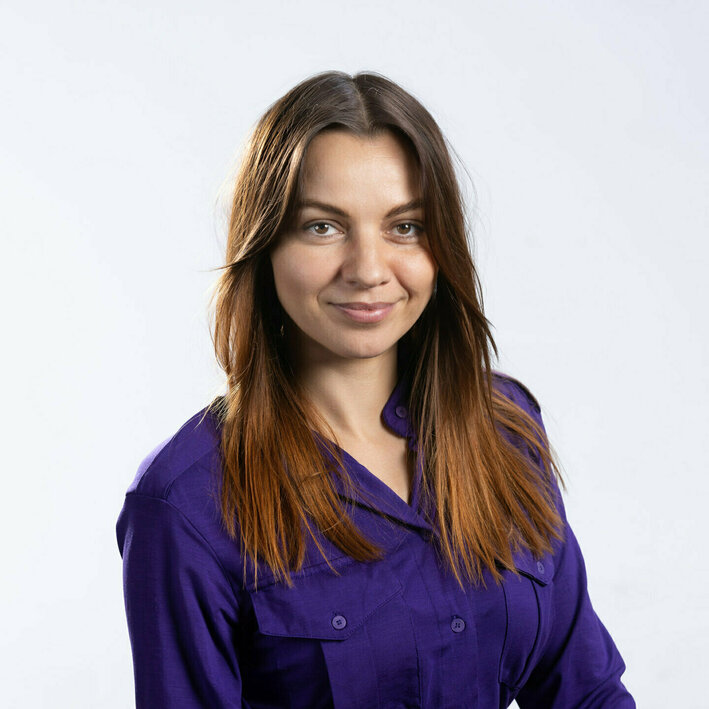
| Agnieszka Nitza-Makowska
| |
|
Image
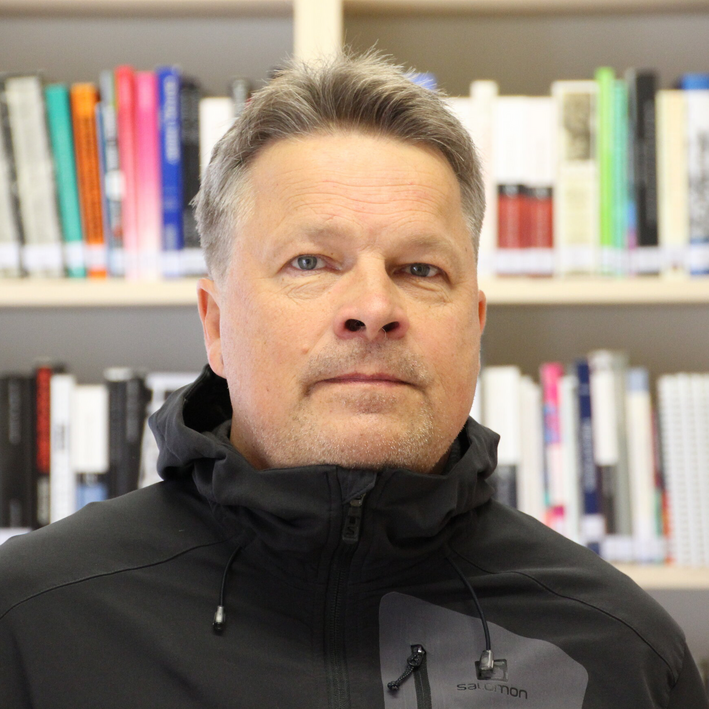
| Eiki Berg
| |
|
Image
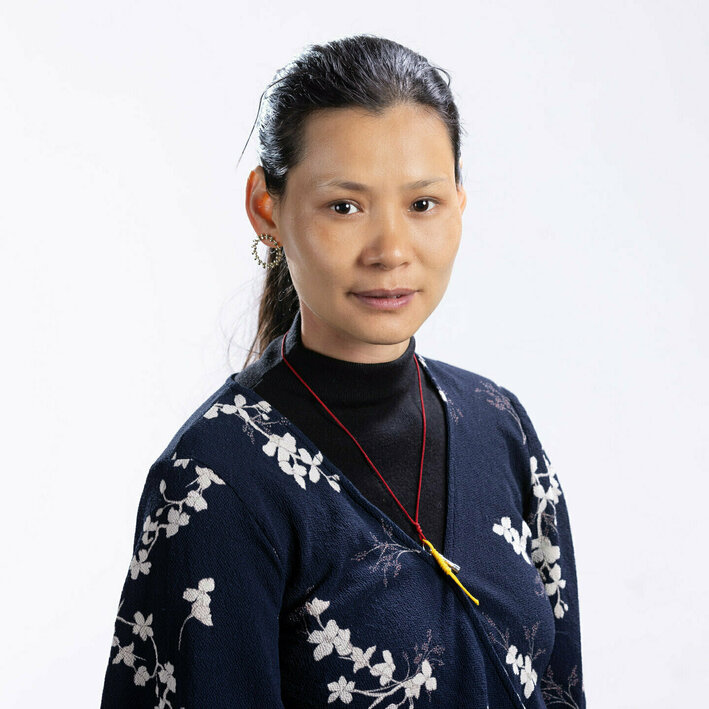
| Kikee Doma Bhutia
| |
|
Image

| Erki Lind
| |
|
Image

| Urmas Varblane
| |
|
Image
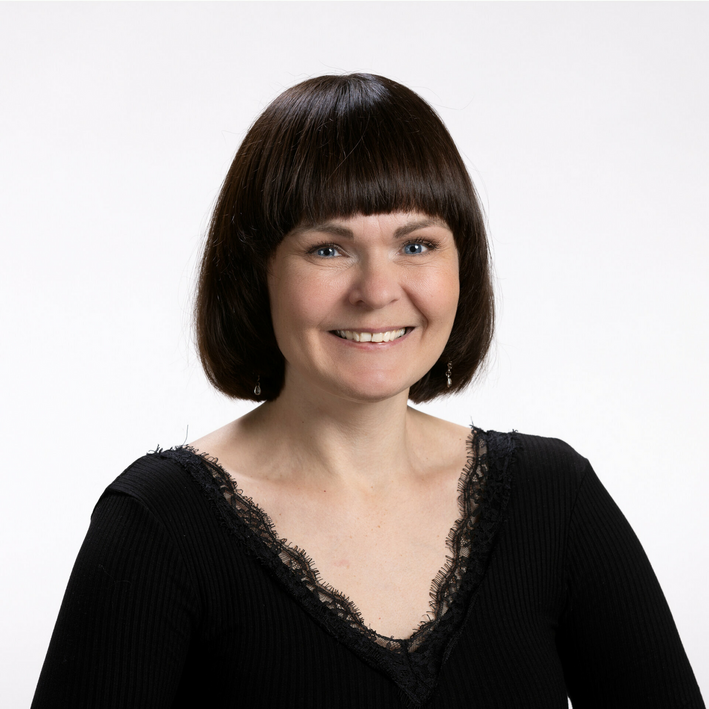
| Anu Põldsam
| |
|
Image
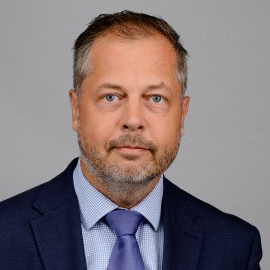
| René Värk
| |
|
Image

| Anastasia Sinitsyna
| |
|
Image

| Robert Weatherley
| |
Liisi Karindi
|

Visit us virtually
Explore Tartu, the School of Business Administration and Economics, and the student dormitories through the university's virtual tour.
Our graduates have the skills and know-how to work in with refugees at the UNHCR or become diplomats, provide area-specific expertise to new businesses or create their own NGO. You can engage with a vast range of topics from international relations and business to demographic trends and human rights management.
Whatever you choose, you can be sure that the need for experts in Asian and Middle Eastern studies is increasing both in public and private sector. We will do our very best to support your progress and future employment.
The studies opened the door to a special world, continuous life-changing opportunities on the career ladder. The growing influence of the Asian region on economic development can be felt worldwide, including in Estonia. Through my studies, I gained general knowledge about the entire region, and the specialisation gave me practical insights into how companies can enter the Chinese market.


Admission requirements for Contemporary Asian and Middle Eastern Studies
bachelor’s degree or equivalent qualification (must be obtained by the end of July) – please see our country-specific document requirements.
English language proficiency – please see our acceptable tests and exempt categories.
NB! The restrictions for the citizens of the Russian Federation are specified here.
Applications are evaluated based on
the average grade of the previous study level (yields 50% of the final score)
the score of the motivation letter (yields 20% of the final score)
the admission interview (yields 30% of the final score)
The motivation letter must be submitted with your application in DreamApply by March 15 at the latest.
The motivation letter is written in English and in free form. Its length is between 2500 and 3500 characters, with spaces. The motivation letter is to specify candidate's motivation to study in the programme.
The motivation letter may focus on the following questions:
- How is the candidate's previous studies and work experience related to topics covered in the curriculum?
- Why does a candidate want to study in this particular curriculum?
- How does the candidate intend to apply the knowledge and skills acquired during the studies in the future?
- Which subjects in the curriculum are most interesting?
- Which topics does the candidate wish to study in depth?
- What would be the possible research topic/problem of the Master's thesis?
The following aspects will be considered in assessing the motivation letter:
- Reasons for entering the programme and the connection between previous education and/or professional career, on the one hand, and the content of the programme, on the other (max 30 points);
- Research issues of interest (a potential topics of your Master's thesis) and a discussion of how these issues could be addressed (max 30 points);
- Self-analysis on how the applicant's previous education will support their future studies in the programme (max 20 points);
- The motivation letter structure, analytical skills and language skills are carefully evaluated (max 20 points).
The maximum score for the motivation letter is 100 points and the result is positive only if the applicant gains 51 points or more.
The interview is a follow-up to the motivation letter.
The interview is conducted online in English. The interviews take place on April 7 and 17, 2025. In April, once the motivation letters have been evaluated each qualifying applicant will be contacted personally via email by the programme's admissions committee to schedule the exact time for the interview.
In the interview, the candidate should be ready to discuss their motivation to take up studies in the CAMES programme. The candidate should also be able to describe their research interests in relation to the study programme and the practical knowledge they hope to get out of the programme.
Each interview will be evaluated based on the following criteria:
- Motivation and ambition (70%);
- Identification of specific research and practical interests compatible with the substantive content of the programme (20%);
- Oral argumentation skills and command of the English language (10%).
The maximum score for the interview is 100 points, and the result is positive only if the applicant gains 51 points or more.
General information regarding the online admission interview
The University of Tartu uses different video communication programmes to conduct an online interview (Microsoft Teams, Zoom, Skype, Big Blue Button). The admissions committee will notify you, which software programme will be used and when does the interview take place.
The applicant needs the following for the online interview:
- a computer or smart device. The computer or smart device must have a web camera, earphones and microphone (built-in or separate). As the applicant must be visually identified at the interview, the use of the web camera is mandatory, not recommended;
- The internet connection with a speed of at least 1 Mb/s (upload/download) is recommended for the video call.
At the online interview:
- the applicant must have an identity document;
- the applicant has to ensure that the room where they stay is free from other persons or background noise;
- the applicant must take into account that they are not allowed to save the interview.
The maximum score is 100 points. The application will be considered for admission ranking if a score of 66 points or higher is achieved. For further information on assessing candidates´ academic performance and calculating admissions´ score see here.
How to apply
The following information applies to international students and Estonian students who graduated abroad:
The application system opens on 2 January and closes on 15 March. The following documents must be submitted electronically via DreamApply by 15 March:
- online application
- motivation letter
- official certified copy of the bachelor's diploma or its equivalent and Diploma Supplement (transcript) in the original language (must include a description of the grading scale).
NB! Applicants graduating in the upcoming spring/summer and having their diploma and final transcript issued later than the application deadline should electronically submit their most recent official transcript (including also the grades/results for the last autumn semester) by the application deadline. The transcript should be supplemented by an official statement from the issuing institution indicating current enrollment and expected graduation date. Admitted candidates are required to post certified copies of their graduation documents as soon as these have been issued (must reach us no later than by the end of July). - official certified translation of the bachelor’s diploma and Diploma Supplement (transcript) into English. As certified translations we consider 1) official translations made by the issuing institution (university) bearing their original signature, stamp etc, or 2) translations certified by a sworn translator or notary.
- proof of English language proficiency
- copy of the passport page stating the applicant’s personal particulars
- confirmation/receipt of application fee payment (if applicable). All international applicants are required to pay the application fee EUR 100, unless they have completed the previous study level in Estonia. An application will only be processed after the fee has been received by the UT.
Submitted applications can not be edited. It is only possible to upload new documents (e.g. graduation certificates). Applicants will receive feedback and notifications through the DreamApply system to their e-mail. Incomplete applications or those submitted by e-mail will not be considered for admission.
Guide to submitting an electronic application on DreamApply.
NB: The University of Tartu has no official partnerships with agents or educational representatives. We strongly recommend applying directly to the university without the help of unauthorised third-party entities. Should you use such a service, please ensure that your application's contact information is your personal details (your e-mail, phone number, etc.).
The evaluation of applications will be made based on the electronic copies added to DreamApply. A general ranking list will be formed based on the electronically submitted applications and admission results (including offers) will be announced to all applicants personally via DreamApply by May 15 at the latest. Admitted candidates are expected to accept or decline the offer in DreamApply in 7 days. If the decision is not communicated to UT via DreamApply by the stipulated deadline, UT reserves the right to withdraw the admission offer.
NB! It is not possible to postpone the beginning of studies to the next academic year.
Terms and conditions of the admission offer
Admission offers are conditional. This means that there are conditions in the offer which the applicant needs to fulfil in order to be admitted (e.g. sending application documents by post; obtaining the required level of education). If the conditions are not met, UT has the right to withdraw the offer. Also, UT reserves the right to withdraw or amend any offer or revoke the matriculation of a student, if it becomes evident that the application contains fraudulent information, the qualification does not provide access to the chosen study programme or the student is found to have omitted key information from the application. Should such circumstances occur, UT will not be liable for any material or immaterial loss which the student may suffer as a result.
Once the admission results have been announced, all admitted students are required to send the application documents by post to: Student Admissions, University of Tartu, Ülikooli 18-133, Tartu 50090, ESTONIA.
The documents are expected to be mailed only by those receiving the admission offer (unless instructed otherwise by the admissions staff). The documents must reach the university within 3 weeks from the announcement of the offer. If the application documents do not reach us by the deadline, the university has the right to withdraw the admission offer. Applicants will be informed when their documents have arrived.
Requirements for educational documents
All copies of educational documents (diplomas and Diploma Supplements/transcripts) must be officially certified. By certified we mean that the copies should bear an original signature and seal of the authority certifying that these are true copies of the original document(s). The copies can be certified either 1) by an authorised official of the issuing institution, or 2) by a notary, or 3) with an Apostille attached. NB! Country-specific requirements may also specify the way documents from certain countries must be certified.
Please note that UT does not accept simple copies made on the basis of already certified copies (primary copies are needed).
All admitted students are required to present their original qualification certificates upon arrival (unless these were sent directly from the issuing institution).
Paying the tuition fee (applicable to those receiving a fee-based study place offer)
- EU/EEA/Swiss citizens are required to pay the fee for the first semester once they arrive in Tartu (by 20 September at the latest after signing the fee contract, please read more here).
- Admitted students from other countries are required to pre-pay half of the first semester's tuition fee. The invoice along with the pre-payment deadline and payment details will be sent to applicants via DreamApply after they have accepted the admissions offer and the University has received the hard copies of the application documents. Second part of the fee is due on 20 September. NB! The official admission letter (necessary for visa application) will only be issued once the University of Tartu has received the pre-payment.
- NB! Once you have been offered a fee-based study place, be aware that it will not be changed into a fee waiver study place. By transferring the pre-payment to the university, you confirm that you have informed yourself about the process of the visa and temporary residence permit application and you are able to arrive in Estonia by the start of the academic year. If you have any questions please contact studentvisasupport@ut.ee.
The official admission letter will be sent to admitted students electronically via DreamApply only after the admissions office has received and reviewed hard copies of the application documents, and received the tuition fee pre-payment (if a pre-payment was required, please see Step 3 for more details).
NB! The electronic admission letter is also sufficient for non-EU students for applying for visa/residence permit at an Estonian embassy.
Once the admission letter is issued, accepted students may proceed further with arranging their arrival. All non-EU students should first consult information on the process of visa and temporary residence permit application to be sure, as where and when the relevant documents need to be applied. Note that housing at the UT dormitories can be applied during a limited period of time, unless specified otherwise on the website. For housing alternatives please find further information on Tartu Welcome Centre website.
Travel information can be found here.
NB! Admitted students who are not citizens of an EU or EEA country or Switzerland need to make sure they obtain the Estonian long-term visa on time in order to be able to participate in the orientation programme for international students held in the last week of August. They are also required to visit the Admissions Office in person to complete their arrival registration by September 1, 2025, at the latest. Failure to do so will result in the revocation of their admission decision and visa.
Based upon common queries, the most important information has been summarised into a pre-arrival information website UT Getting Started.
Estonian applicants should apply via National Admission Information Systems (SAIS). Further information in Estonian is available here.
In 2022, the Estonian Ministry of Foreign Affairs offers two tuition waiver study places to Estonian citizens for the nominal study period together with an internship opportunity. All Estonian applicants are automatically considered for the scholarship and will receive further information after the application deadline.
Contacts
Ask about the admission requirements and application process
Find out what awaits you at UniTartu
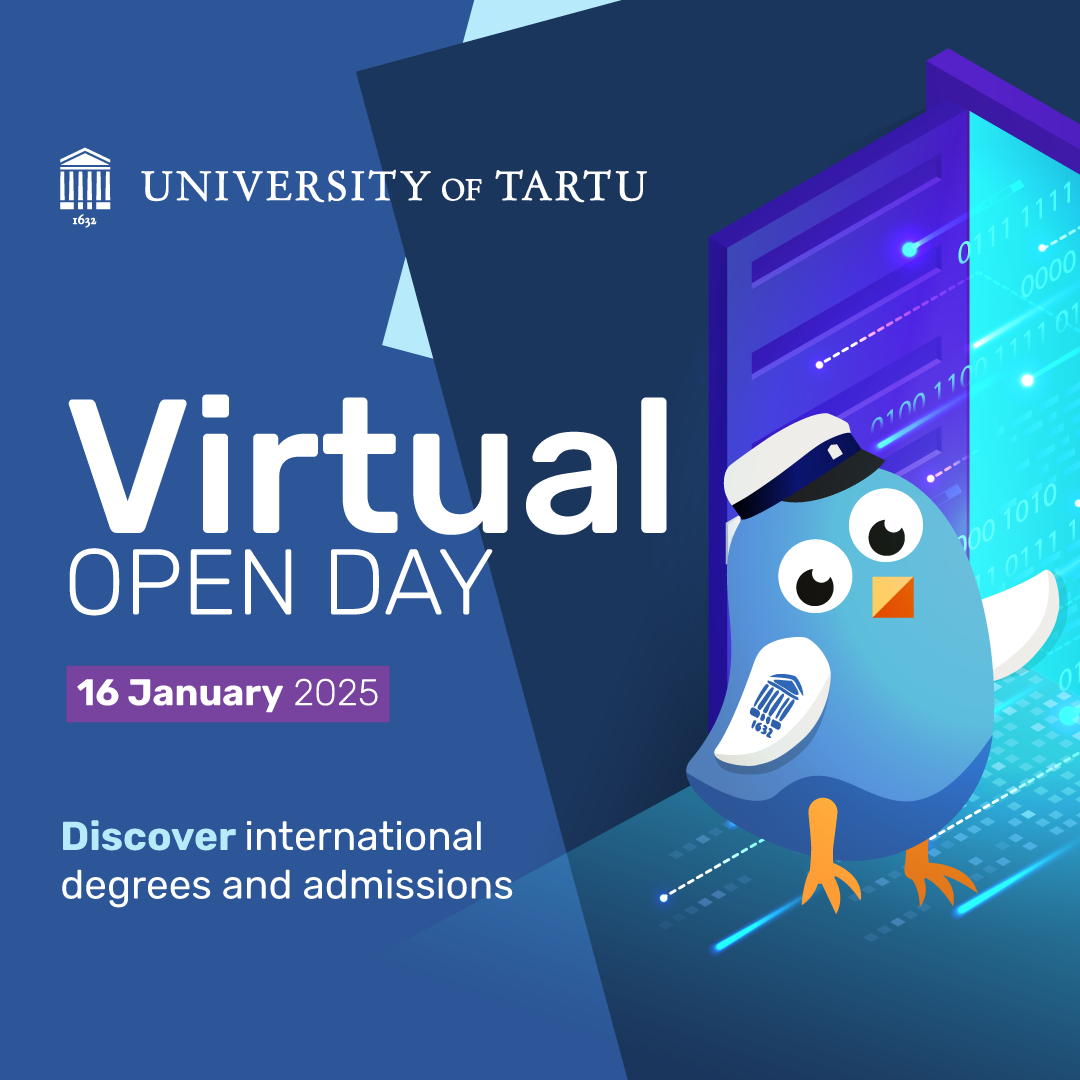
Join info events
Learn more about the university and its study programmes by attending our info events for future students. Our staff also attends international fairs and info sessions
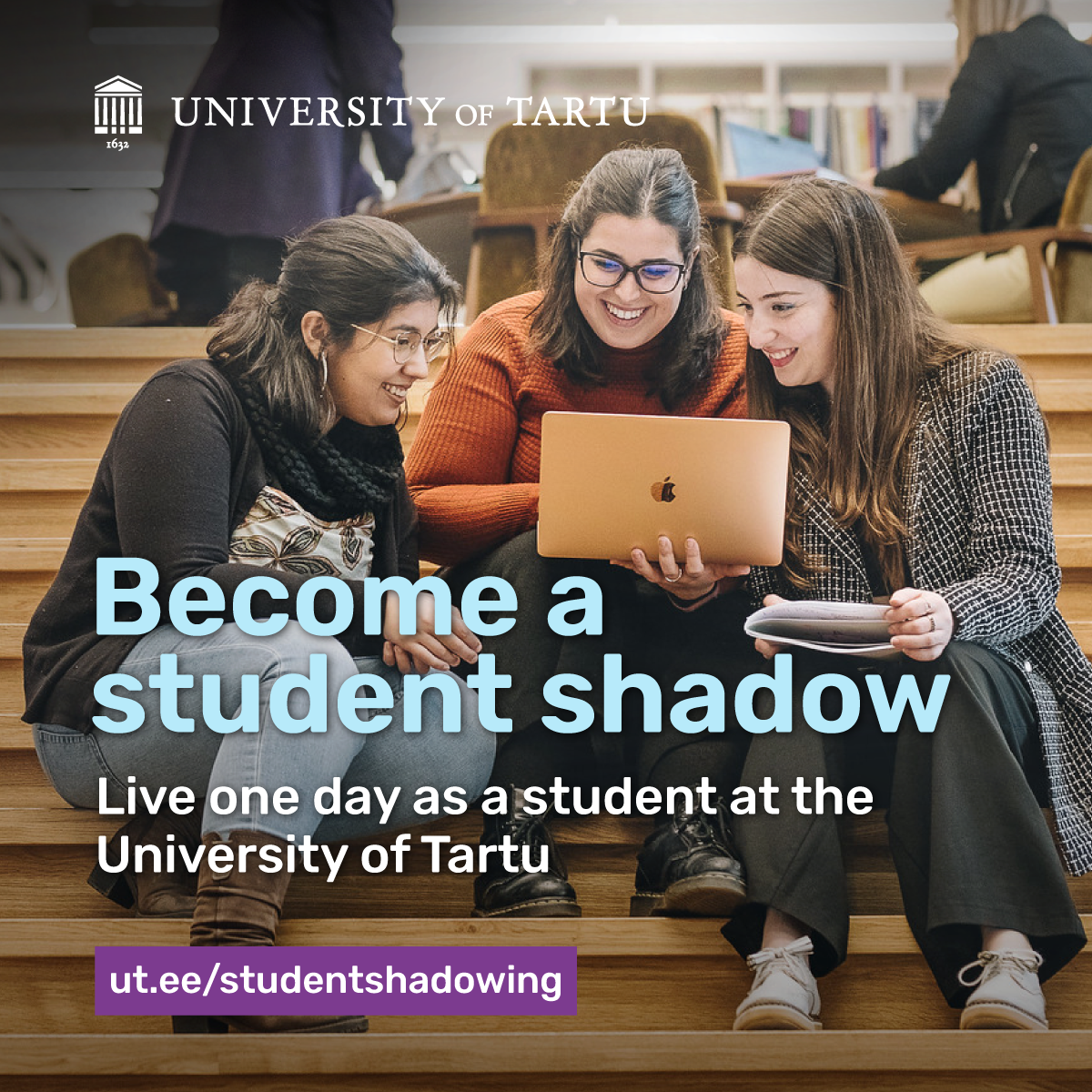
Spend a day as a student
During the academic year, you can spend a day with a current student in your field of interest, giving you a firsthand look at student life and the University of Tartu.
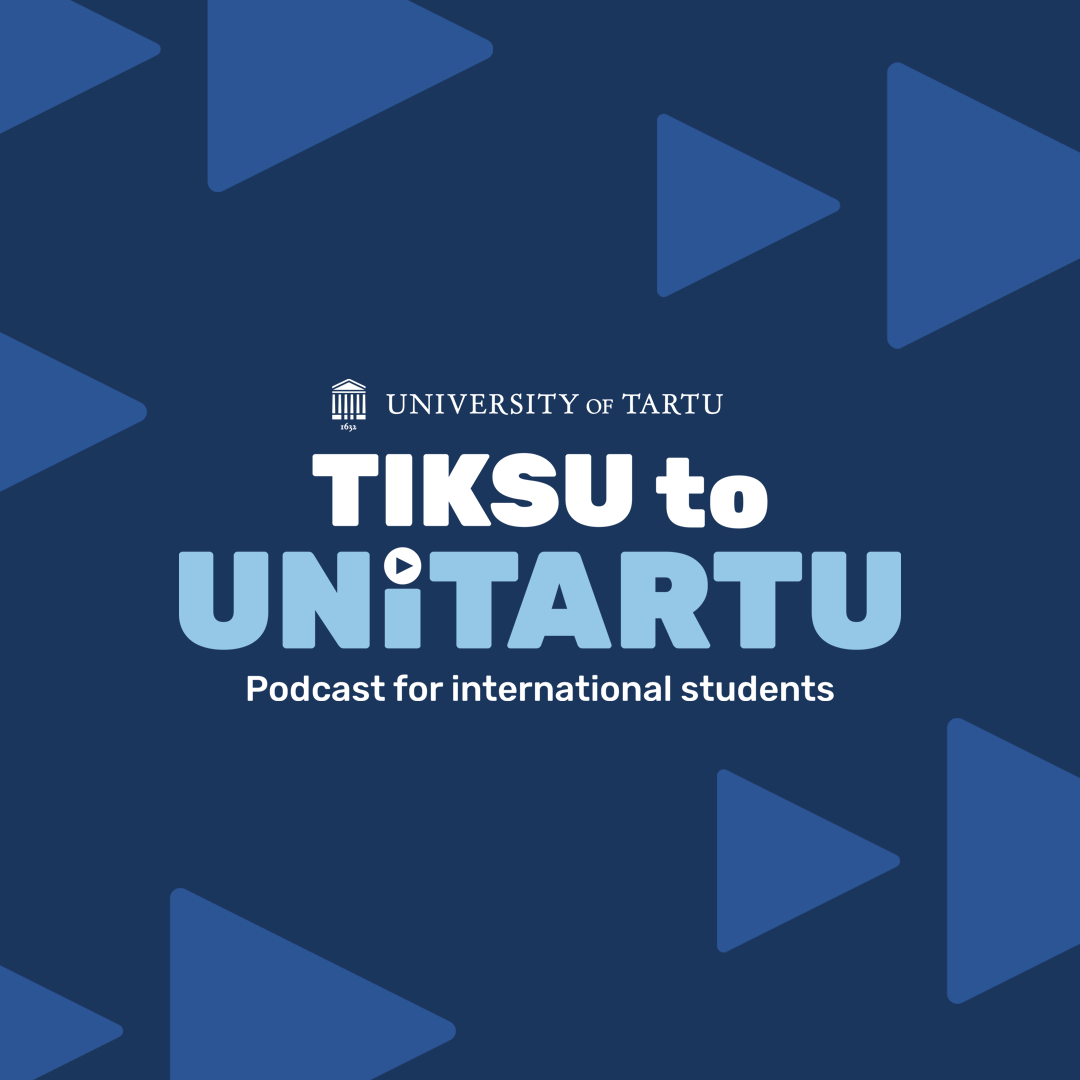
Listen to the podcast
The "Tiksu to UniTartu - Podcast for International Students" covers topics such as housing, student organisations, healthcare, etc.
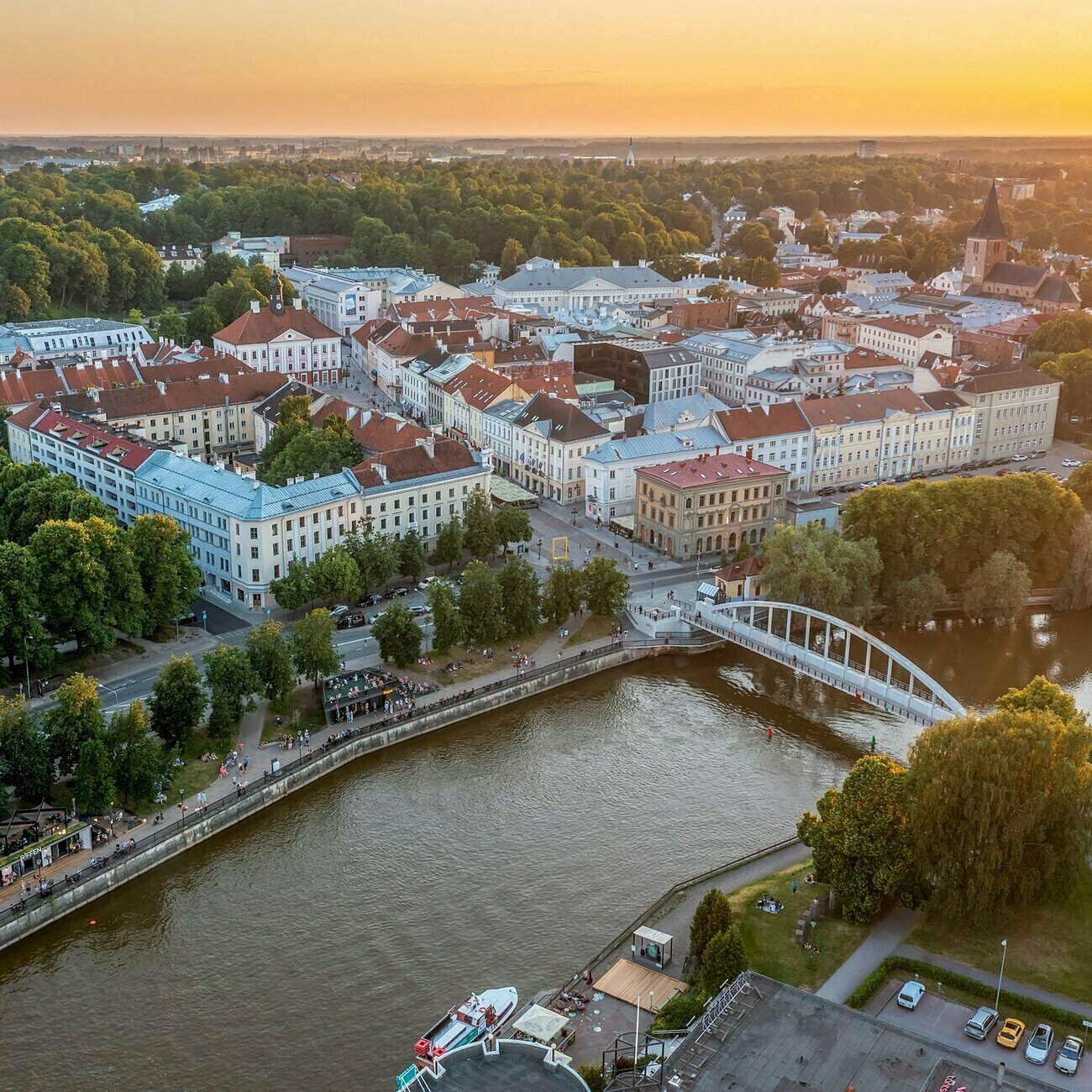
Visit the campus
Visiting the campus gives you a great understanding of what it would be like to study here. You can visit us throughout the year.





